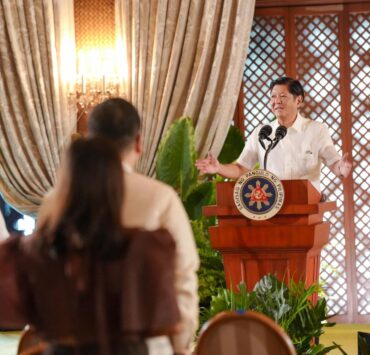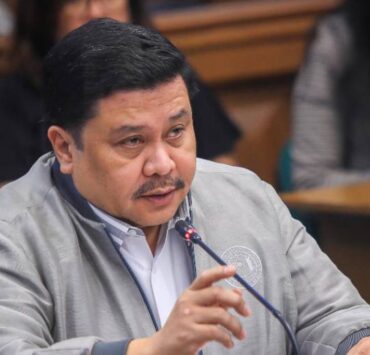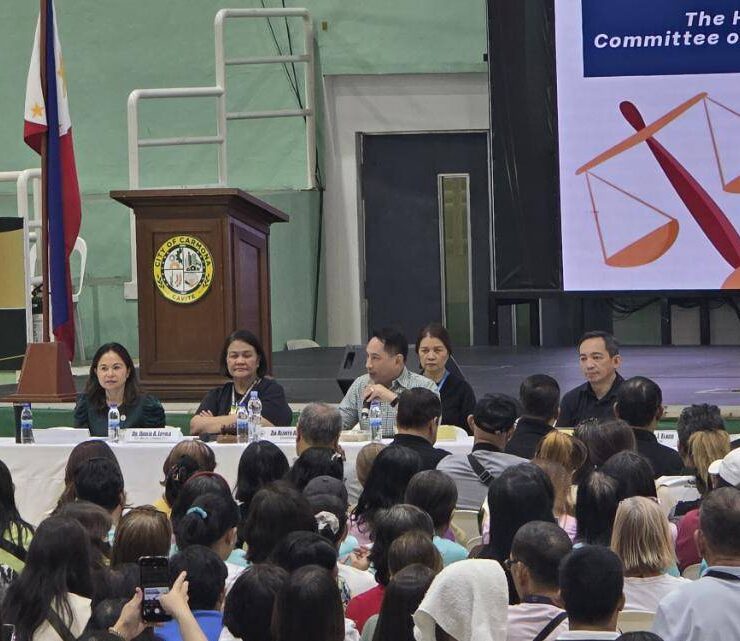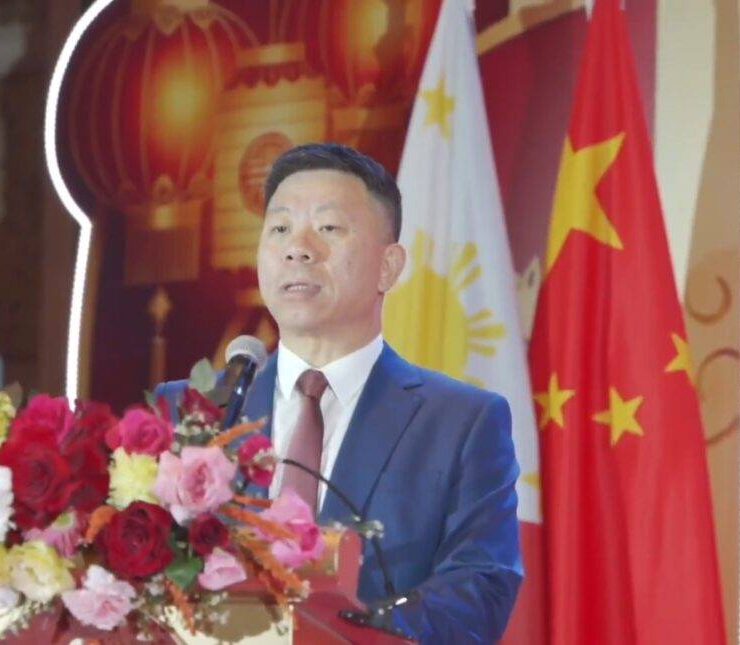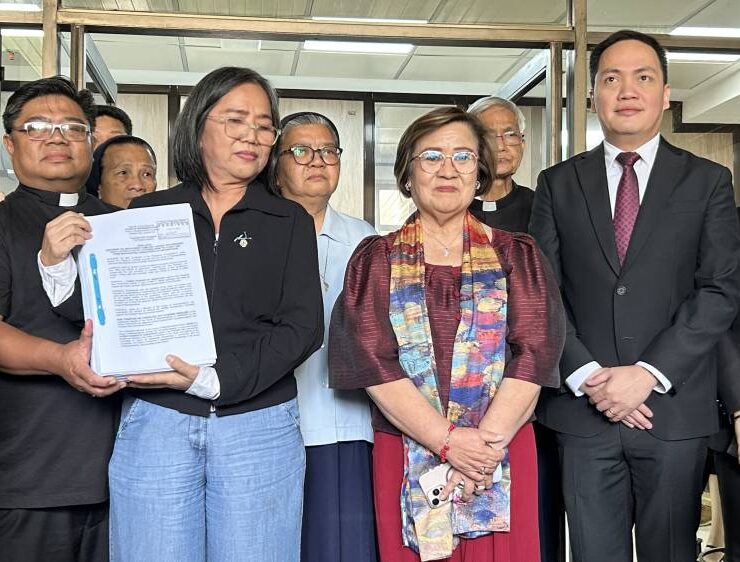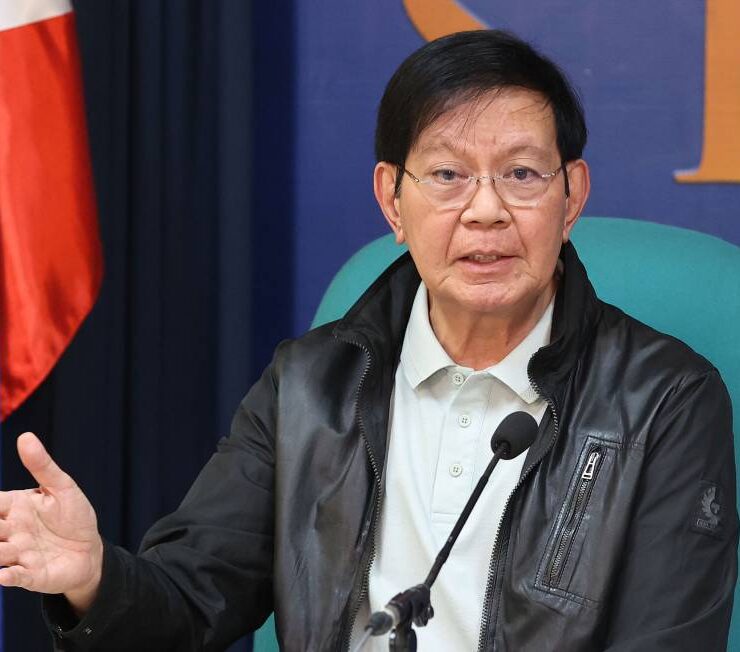Amnesty Int’l cites trolling’s heavy toll on PH activists
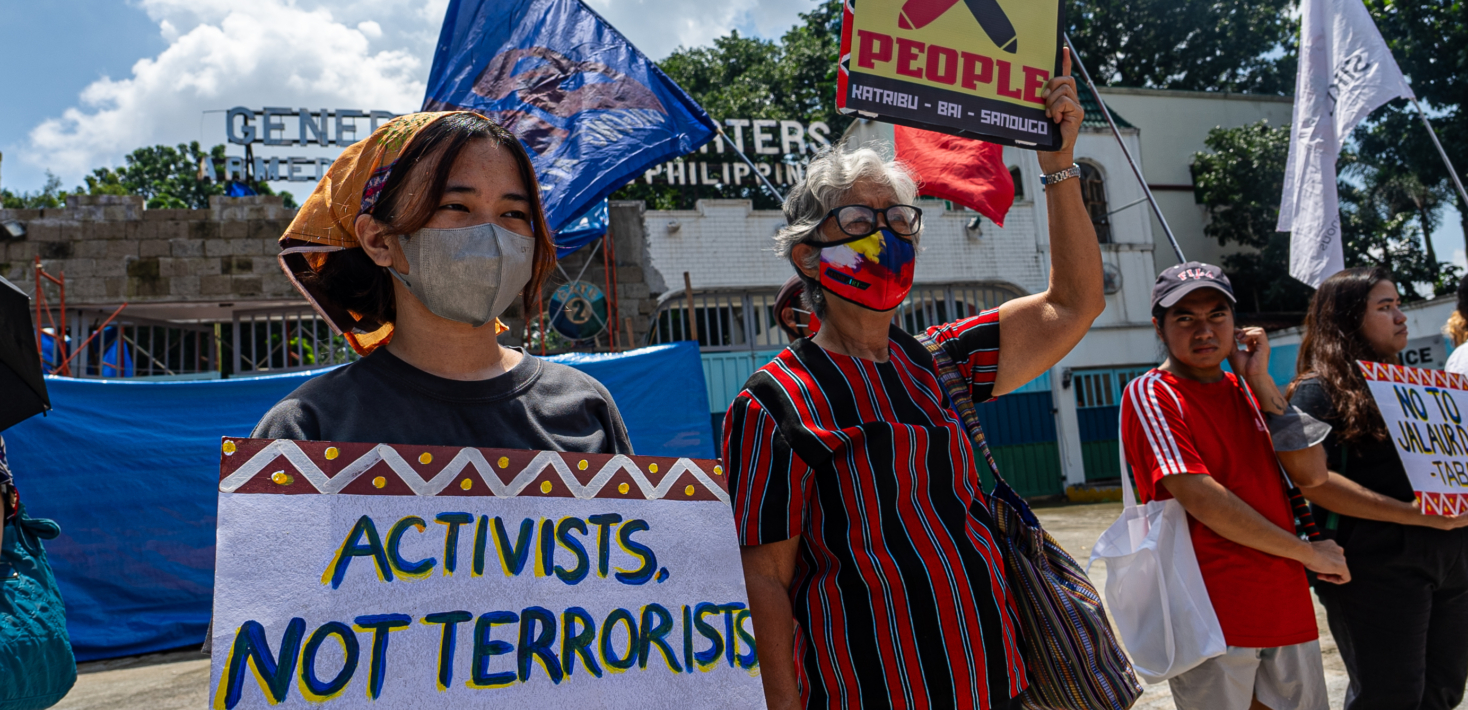
The anonymity of the aggressors and lack of trust in government mechanisms have forced many student activists to accept their online harassment and the resulting psychological distress as something normal.
This was an observation made by the global rights watchdog Amnesty International (AI) in a report released on Friday on the extent and impact of internet trolling in the country, particularly on cause-oriented youth groups.
The report is titled: “Left to their own devices: The chilling effects of online harassment among young human rights defenders in the Philippines.” It surveyed and interviewed 94 respondents age 18 to 24 last year.
Young activists who said they experienced different forms of online harassment were involved in campus journalism, community organization, environmental protection and education reform.
Most of them, the study noted, directly encountered trolling; doxing, or the publication of sensitive personal information; verbal violence; and being Red-tagged due to their affiliation with progressive student organizations.
‘Fighting a ghost’
“Many YHRDs (young human rights defenders) reported feeling compelled to normalize the effects of online harassment due to perceived inefficiency and other barriers to available redress mechanisms, both from social media platforms and state institutions,” the 77-page report said.
“Bituin,” one of the respondents whose real name was withheld for the report, likened her experience to “fighting a ghost” because of her “faceless attackers” who hide behind fake accounts or names. This anonymity in online platforms poses a huge barrier for Bituin and other young activists to report attacks against them.
“While anonymity provided some YHRDs with a safer way to continue their activism online, it also allows many perpetrators of online harassment to operate behind pseudonymous accounts or as part of organized troll networks, making it difficult or impossible for [them] to identify,” AI said.
“Liwasan,” a 24-year-old female using an assumed name in the report, also told AI that she was unlikely to turn to authorities for help because of her fear of “tables turning and being locked up instead of the perpetrator.”
“I don’t think I’ve attempted anything other than just block[ing] and report[ing] them … I personally don’t believe that it’s worth my time and energy to report them further,” she was quoted in the report as saying.
According to AI, there is a “pervasive mistrust in reporting mechanisms [that] discourages young human rights defenders from seeking redress.”
“Many feel that these systems are either complicit or incapable of providing meaningful support,” it added.
Lack of support system
The report also cited the case of “Habagat,” another activist interviewed by AI, who was a victim of Red-tagging and a “smear campaign” by the National Task Force to End Local Communist Armed Conflict (NTF-Elcac) which identified him as a member of the Communist Party of the Philippines.
“Reporting would mean appealing to the same entities responsible for my harassment,” he said.
The “weak or fragmented” mechanisms of educational institutions also became a hindrance to seeking accountability for the online attacks as they became “overly bureaucratic and often ineffective.”
AI cited the case of “Urduja,” a student leader at the University of the Philippines, who complained about the failure of the state university to come up with an efficient response and support system for activists.
Respondents in the AI report said the processes were “mentally taxing” and “often deprioritized or ignored completely.”
Direct targets
AI said the student activists were demoralized by merely exercising their rights as they felt they had no one to turn to.
Among the immediate “chilling effect” of online attacks is psychological distress that would leave them “emotionally shaken.”
Of the 57 who became direct targets of online harassment, 40 reported experiencing stress and anxiety, 15 had panic attacks, and 19 felt “powerless.” The rest felt “nervous” or “afraid” and found it difficult to focus on their daily tasks.
The physical and mental toll on them also manifested in self-censorship, inactivity, isolation and the downplaying of online attacks as just part of the job and their advocacies.
“These incidents illustrate how online harassment can lead to consequences beyond the digital realm, YHRDs’ awareness of this risk further amplifies their distress, threatening [their] right to health, particularly mental health,” the report said.
AI noted that many of the activists wanted to get professional help, but only a few were able to access psychosocial support, showing the “inadequacy” of mental health services in the country.














